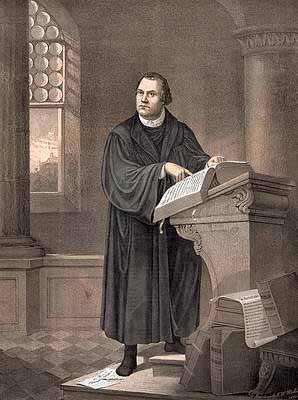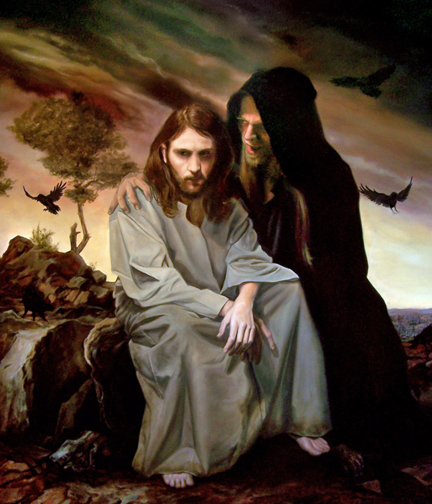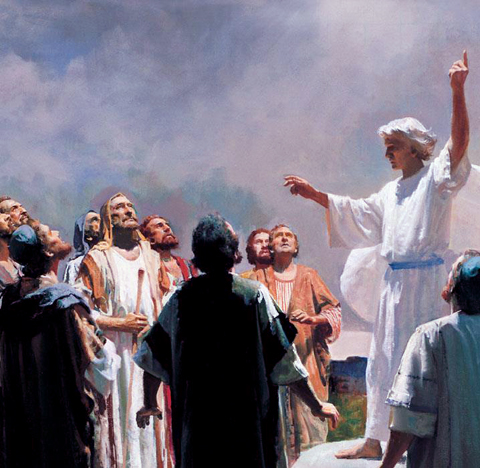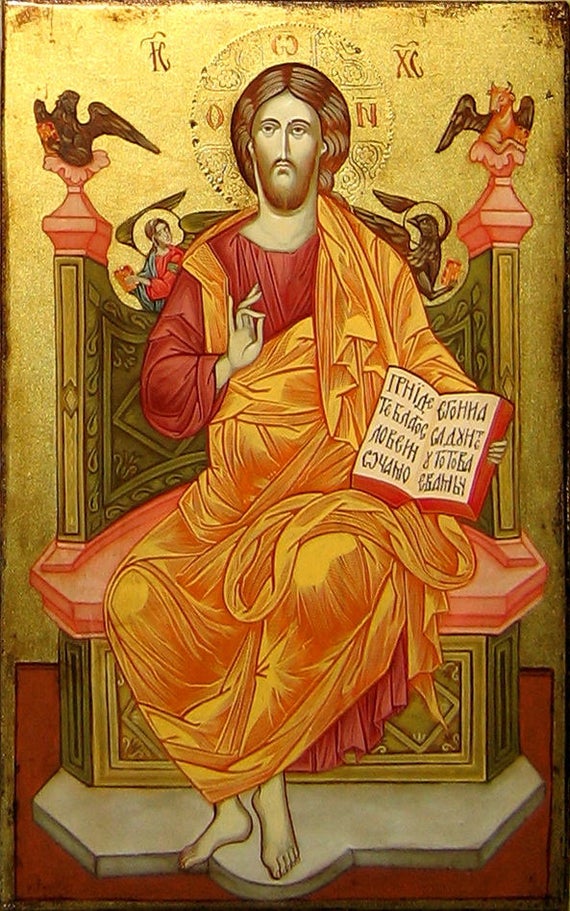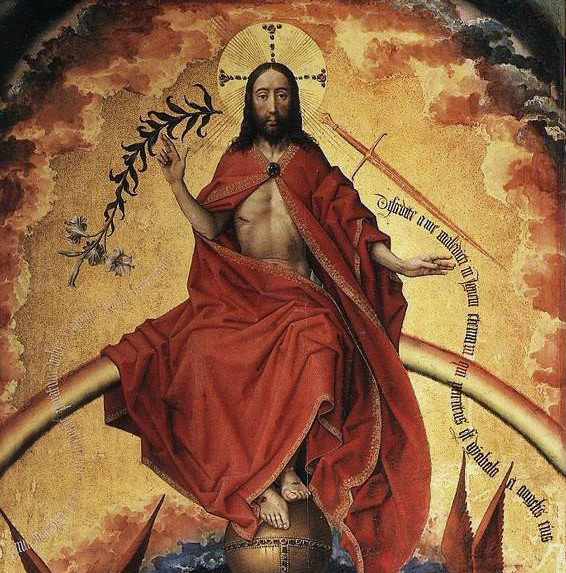|
|
December 19, 2021
|
|
|
|
|
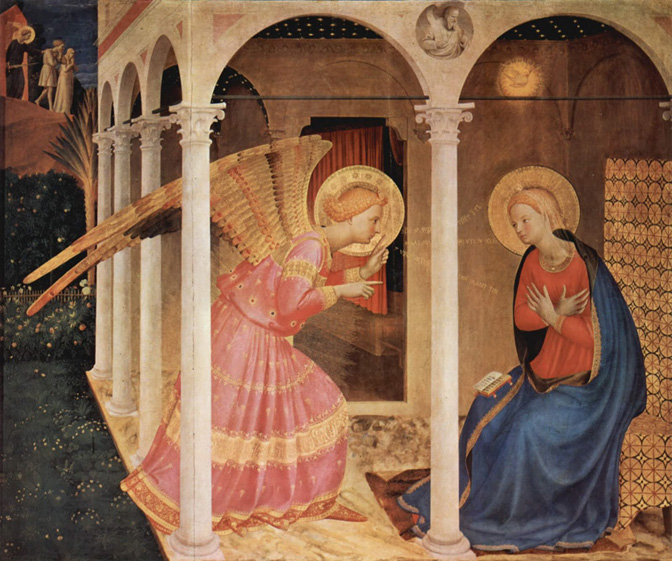
Advent IV
|
|
|
|
|
|
Online Abbreviated Sunday Liturgy
December 19, 2021
Advent IV
In the Name of God the Father, Son, and Holy Spirit.
Amen.
Let us pray: Stir up your power, O Lord, and come.
Take away the hindrance of our sins and make us ready
for the celebration of your birth, that we may receive
you in joy and serve you always; for you
live and reign
with the Father and the Holy Spirit, now and forever. Amen.
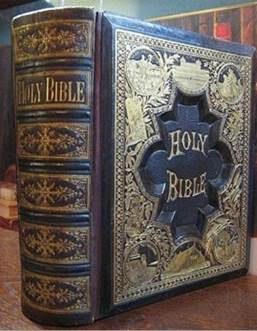
|
First Lesson:
Micah 5:2-4
Psalm 80:1-7
Second Lesson:
Hebrews 10:5-10
Gospel:
Luke 1:39-55
|
Opening Hymn: “Fling
Wide the Door” (LBW
32)
|
|
|
|
|
|
Sermon: December
19, 2021
Glory in God’s Gracious Favor
Luke 1:48
The Reverend Philip Nesvig
“Save
the date!” The card came in the mail this week from the
daughter of my cousin in Duluth. “Save the date. June
25, 2022, Minneapolis, MN. Please join us. Formal
invitation to follow.” What do we do when we get one of
those cards? I suppose, for the most part, we pull out
our calendars or our phones and we write down as much as
we know. We aren’t given all that we need to know. We
don’t know the time or the location, or how many guests
we can bring. We only know “save the date,” so that is
what we do. In so doing, we have believed in what is
promised us, namely, an actual invitation to the
wedding.
In
the verses just before our Gospel reading today, Gabriel
tells Mary to “save the date.” She’s not getting
married. She’s getting pregnant. The date is an
appointment with the Holy Spirit who will come upon her,
overshadow her and make her holy child the Son of God.
What does Mary do? Does she get out her Google calendar
and punch in the day of delivery? Well, no. She does
what any woman in her circumstance would do. She asks,
“How can this be?” The answer, of course, is no human
answer. It is God’s answer conveyed by Gabriel. “The
Holy Spirit will come upon you, and the power of the
Most High will overshadow you.” (Lk 1.35) “And, by the
way,” says Gabriel, “remember Elizabeth, your first
cousin twice-removed? She’s pregnant, too!” We are told
that Mary said to Gabriel, “Here am I, the servant of
the Lord; let it be with me according to your word.” (Lk
1.38)
So
Mary did get out her Google calendar. And she did take a
couple of days’ walk into the hill country of Judea to
visit her much older relative, Elizabeth. She went with
haste—Elizabeth was six months along. Anything can
happen in the third trimester! And Mary did greet
Elizabeth with such joy that Elizabeth’s child “leaped
in her womb.” This leap is the “leap of faith,” both for
the baby—John the Baptist—and for Elizabeth.
This
Annunciation scene with Gabriel’s message of God’s
gracious favor— followed immediately by this Visitation
scene between Mary and Elizabeth—are leaps of faith for
all involved. Elizabeth proclaimed the key words during
this family reunion. “Blessed are you among women, and
blessed is the fruit of your womb…And blessed is she who
believed.” If I might paraphrase— “Hail, Mary! You’re
the first Christian. You’re the first person to respond
favorably to the news of this saving Messiah.”
These are all ways to describe the “leap of faith,” both
then and now. John the Baptist—in utero—took the leap of
faith. He kicked at Mary’s greeting. He couldn’t wait to
see the mother of his Messiah. Elizabeth in turn
recognized and celebrated this leap of faith. And Mary
knew more than anyone that this leap of faith was more
than just having a baby. This leap of faith would launch
her into the paradoxical ways of God.
It
almost seems like the baby is the easy part. Look what
else God is doing. Mary’s praise in the Magnificat is
her first-hand interpretation of the Gospel in action.
Mary’s big leap of faith is seeing how God’s strong arm
will exalt the lowly, fill the hungry and scatter the
proud in the thoughts of their hearts. This line in the
Magnificat stands out: “My spirit rejoices in God my
Savior, for he has looked with favor on the lowliness of
his servant.”
Martin Luther portrayed this Magnificat hymn of praise
in simple terms and caught the Gospel proclamation in
this verse. Listen to Luther’s commentary. “Mary does
not glory in her worthiness nor yet in her unworthiness,
but solely in the divine favor, which is so exceedingly
good and gracious that he deigned to look upon such a
lowly maiden, and to look upon her in so glorious and
honorable a fashion. They, therefore, do her an
injustice who hold that she gloried, not indeed in her
virginity, but in her humility. She gloried neither in
the one nor in the other, but only in the gracious favor
of God. Honors always come unexpectedly upon the humble,
and their exaltation is a surprise to them; for they
have been simply content with their lowly station and
never aspired to the heights. But the falsely humble
wonder why their glory and honor are so long in coming;
their secret false pride is not content with their low
estate but aspires in secret ever higher and higher.
True humility, therefore, never knows that it is
humble.” (Luther’s Works, vol. 21, pp. 314-315)
So
much for Mary and now for Luther’s words about all of
us. “God lets the godly become powerless and to be
brought low, until everyone supposes their end is near,
whereas in these very things he is present to them with
all his power, yet so hidden and in secret that even
those who suffer the oppression do not feel it but only
believe. There is the fullness of God’s power and his
outstretched arm. For where man’s strength ends, God’s
strength begins, provided faith is present and waits on
him. And when the oppression comes to an end, it becomes
manifest what great strength was hidden underneath the
weakness. Even so, Christ was powerless on the cross;
and yet there he performed his mightiest work and
conquered sin, death, world, hell, devil, and all evil.
Thus all the martyrs were strong and overcame. Thus,
too, all who suffer and are oppressed overcome.”
(Luther’s Works, vol. 21, p. 340) This is all about the
leap of faith. Now comes the aftermath. What happens
through the eyes of faith? Mary is really good at
sketching out the new world order ushered in by God
through the birth of Jesus. Things will not be as we
want them to be. The Magnificat is “fruit basket upset”
and then some!
Many
of us are receiving Christmas cards from friends and
family. They are fun to read, and the photos help us
catch up with everyone’s life changes during the past
year. But what kind of Christmas card does May send us?
It’s not about the past but the present and the future.
Mary’s Magnificat declares that God is on the side of
the humble of heart. A humble heart may be found in any
economic, ethnic or social status. But if humility can’t
find its way into the hearts of the strong, the proud,
the powerful, the rich and the well-fed, then God will
find humility in different people. It will be those who
fear God…those who take the leap of faith, kicking like
John the Baptist because the Holy Spirit has called them
to join Mary’s song.
These sisters and brothers here with us today—Caroline,
Steve, Kathrine, and Steve— come kicking like John. This
leap of faith is a humble admission and a difficult life
challenge. Caroline will hear these words of humility:
“We are born children of a fallen humanity.” Who wants
to hear or confess that? Caroline does! Then there’s
this gracious favor proclaimed to her: “In the waters of
Baptism we are reborn children of God and inheritors of
eternal life.” Wow! Second birth and her third eternal
birth in the forecast many years from now, we trust. But
in- between this second and third birth for her….and the
second and third birth for all of us, there is this
difficult life challenge.
“Do
you intend to continue in the covenant God made with you
in Holy Baptism: to live among God’s faithful people, to
hear his Word and share in his supper, to proclaim the
good news of God in Christ through word and deed, to
serve all people, following the example of our Lord
Jesus, and to strive for justice and peace in all the
earth?”
Those discipleship questions are the tallest of all
orders. Use the Holy Spirit’s tools to make your way
through these challenges—God’s Word and the sacrament of
Holy Communion. They’ll work for you according to
promise! Then, they and all of us today, will
continually use our outdoor voices like Elizabeth used
hers. “Blessed are you among women, Mary…and blessed are
for you believing, for taking the leap of faith. Blessed
are you for giving birth to Jesus so that we can hear
his voice saying, ‘follow me. I will give you eternal
life. You will never perish.’”
May
the Holy Spirit overshadow all of us today. May we hear
that Christ has been born for us. May we rejoice that
although sin, the devil and death have humbled us,
having that kind of humility is the perfect virtue to
have. For you see, God works with real sinners to
instill true humility, true faith, true power and true
“lifting up” in God’s gracious favor. Amen.
Hymn of the Day:
“Oh,
Come, Oh, Come, Emmanuel” (LBW
34)
https://www.youtube.com/watch?v=d8k197zo56c
|
|
|
|
|
|
Litany on the
Coronavirus Disease 2020 (COVID-19)
Let us pray for all those worldwide who have
died from COVID-19. Lord in your mercy,
HEAR OUR PRAYER.
Let us give thanks for the government
agencies and other medical research teams who are diligently
working to curb the spread of this virus. Lord in your mercy,
HEAR OUR PRAYER.
Let us pray for the many who are sick and
suffering from this disease. Lord in your mercy,
HEAR OUR PRAYER.
And let us also pray for all those grieving
the loss of loved ones who have died from COVID-19. Lord in your
mercy,
HEAR OUR PRAYER.
Let us pray for the many who are caring for
the infected and the sick, that full health and strength and
peace may be granted. Lord in your mercy,
HEAR OUR PRAYER.
Let us pray for our world where we’re but
sojourners (Psalm 119:19; Philippians 3:20), that we may not be
punished by disease and pestilence (Ezekiel 14:21, Luke 13:5,
John 5:14), and that health and peace may abound for all – for
it is Christ who takes upon himself “our infirmities and
diseases” (Matthew 8:17). Lord in your mercy,
HEAR OUR PRAYER.
Finally, in our fear of disease and sickness
– may we ever remember God’s power to heal (Jeremiah 17:14,
James 5:14), those many kept safe from COVID-19 and other
infectious diseases, and our Savior Jesus who, by his mercy and
in his time, rekindles our faith by restoring health in this
vulnerable and perilous life (2 Kings 5:14, Acts 3:6).
GLORY BE TO CHRIST OUR LORD & GREAT HEALER!
AMEN.
|
|
|
|
|
|
LUTHER on epidemics
“Some people are of the firm opinion that one… should not run
away from a deadly plague. Rather, since death is God’s
punishment, which he sends upon us for our sins, we must submit
to God…. I cannot censure [this] excellent decision…. It takes
more than a milk faith [1 Corinthians 3:2] to await a death
before which most of the saints… are in dread…. [But since] it
is generally true of Christians that few are strong and many are
weak, one simply cannot place the same burden upon everyone….
Peter could walk upon the water because he was strong in faith.
When he began to doubt,… he sank and almost drowned [Matthew
14:30]…. Let him who has a strong faith wait for his death, but
he should not condemn those who take flight…. [Even so, know
that] all illnesses are punishments from God…. [These
punishments] come upon us, not only to chastise us for our sins
but also to test our faith and love…. [So] my dear friends,… use
medicines… which can help you; fumigate house, yard, and street;
shun persons and places wherever your neighbor… has recovered,
and act like a man who wants to help put out the burning city.
What else is the epidemic but a fire?... You ought to think this
way: ‘Very well, by God’s decree the enemy has sent us poison….
Therefore I shall ask God mercifully to protect us. Then I
shall… administer medicine and take it. I shall avoid places and
persons where my presence is not needed in order not to become
contaminated and thus perchance infect and pollute others, and
so cause their death as a result of my negligence. If God should
wish to take me, he will surely find me and I have done what he
has expected of me and so I am not responsible for either my own
death or the death of others. If my neighbor needs me, however,
I shall not avoid place or person but will go freely…. This is
such a God-fearing faith because it is neither brash nor
foolhardy and does not tempt God.’”
[Martin Luther, Whether One May Flee from a Deadly
Plague (1527),
Luther’s Works
43:120, 124, 127, 131–32.]
|
|
|
|
|
|
We remember in prayer church
members.
Jane Harty and
family
Leah &Melissa Baker and Felicia Wells
Marlis Ormiston
Eileen & Dave Nestoss
Connor Bisticas
Kyra Stromberg
Holly Petersen
Melanie Johnson
Kim Lim
Robert Schorn
Rollie
We also pray for friends of the
parish
who stand in need of God’s care.
The Rev. Randy Olson
The Rev. Howard Fosser
The Rev. Alan Gardner
The Rev. Allen Bidne
The Rev. Doug Guthier
The Rev. Albin Fogelquist
Tabitha Anderson
Kari Meier
Yuriko Nishimura
Anthony Brisbane
Susan Curry
Alan Morgan family
Lucy Shearer
Ramona King
Donna & Grover Mullin
Kurt Weigel
Tak On Wong & Chee Li Ma
Hank Schmitt
Mary Ford
Andrea and Hayden Cantu
Dana Gallaher
Jeanne Pantone
Kevan & Jackie Johnson
Trudy Kelly
Eric Peterson
Gary Grape
Larry & Diane Johnson
Nita Goedert
Mariss Ulmanis
Shirley & Glenn Graham
Karen Granger
Mike Nacewicz
Mike Matsunaga
Bill & Margaret Whithumn
The Robert Shull Family
Mary Cardona
Emily, Gordon and Evelyn Wilhelm
Mark Nesheim
Angel Lynne
Randy Price
Grace-Calvary Episcopal Church (Clarkesville, GA)
Pray for unbelievers, the addicted, the sexually abused and
harassed, the homeless, the hungry and the unemployed. And pray for
the many suffering and dying from COVID-19 in the world. Pray
for peace throughout the world.
And pray for refugees throughout the world; for the care and
keeping of our planet; and for our poor, fallen race that God
would have mercy on us all.
Professional Health Care Providers
Gina Allen
Janine Douglass
David Juhl
Dana Kahn
Dean Riskedahl
|
|
|
|
|
|
Holy Communion
in Spirit and Truth
Without the
Consecrated Bread and Wine
[The
ancient church doctrine of
concomitantia teaches that the faithful can receive Christ’s
Presence in Holy Communion by drinking the wine without eating
any bread, or by eating the bread without drinking any wine (The
Oxford Dictionary of the Christian Church, ed. F. L. Cross,
1958, 1966, pp. 320–21). By extension, in extreme cases, the
faithful can also, then, receive Christ’s Presence without
eating the bread or drinking the wine. Those would be cases of
illness when nothing can be ingested through the mouth, or when
lost in the wilderness – living off nothing but wild animals and
berries. In those cases we keep the memory of Jesus in the
Lord’s Supper (1 Corinthians 11:24) – honoring our Savior “in
spirit and truth” (John 4:23). So pray the words below, all you
baptized, who love the Lord Jesus, and “hunger and thirst for
righteous,” that you may be satisfied (Matthew 5:6). This is not
a substitute for Holy Communion, but rather a devout practice
when receiving Holy Communion in times of pestilence and plague
would recklessly endanger the church
(Luther’s
Works
43:132–33).]
Let us pray:
O Lord, our God, we remember this day our savior Jesus, who “was
put to death for our trespasses and raised for our
justification” (Romans 4:24). May his Spirit “bring to
remembrance” all that he did for us, and continues to do, to
bless us (John 14:26). Fill us with the assurance that our sins
are truly forgiven for his sake, and that the promise of eternal
life will not be taken away. Amen.
Let us pray:
On this day, heavenly Father, we also pray in the name of Jesus,
that one day soon we will be able to gather together at the
Altar of our church, and so eat of the flesh of our Lord and
drink of his blood, that his very life may well up in us so that
we may abide in him forever (John 6:53–56). Amen.
|
|
|
|
|
|
The Lord’s Prayer
Benediction: The Lord bless you and keep you; the Lord make his
face shine on you and be gracious to you; the Lord look upon you
with favor and give you peace. In the name of God the Father,
Son, and Holy Spirit. Amen.
Closing Hymn:
“The
King Shall Come” (LBW
33)
|
|
|
|
|
“Reformers of all times have
advocated revolutions that would level class
distinctions by making the poor sufficiently rich and
the powerless sufficiently powerful. But the
Magnificat anticipates the Lucan Jesus in preaching that
wealth and power are not real values at all since they
have no standing in God’s sight. This is not an
easy message, even for those who profess credence in
Jesus. By introducing it as a leitmotiv in the
hymns of the infancy narrative, Luke has begun to
introduce the offense of the cross into the good news
proclaimed by Gabriel. If for Luke Mary is the
first Christian disciple, it is fitting that he place on
her lips sentiments that Jesus will make the hallmark of
the disciple in the main Gospel story. It is no
accident, then, that some of the offense of the cross
rubbed off on Mary. In the early dialogue between
Christians and Jews, one of the objections against
Christianity is that God would never have had his
Messiah come into the world without fitting honor and
glory, born of a woman who admitted that she was no more
than a handmaid, a female slave.”
Raymond
Brown in “The Birth of the Messiah,” p. 364. c. 1977
“God is a God who looks into
the depths and helps only the poor, despised, afflicted,
miserable, forsaken, and those who are nothing, there a
hearty love for him is born. The heart overflows
with gladness and goes leaping and dancing for the great
pleasure it has found in God. There the Holy
Spirit is present and has taught us in a moment such
exceeding great knowledge and gladness through this
experience. For this reason God has also imposed
death on us all and laid the cross of Christ together
with countless sufferings and afflictions on his beloved
children and Christians. In fact, sometimes he
even lets us fall into sin, in order that he may look
into the depths even more, bring help to many, perform
manifold works, show himself a true Creator, and thereby
make himself known and worthy of love and praise.”
“The
Magnificat,” 1521 Luther’s Works, Vol. 21, p.
300-301
|
|
|
![]() Father, Son, and Holy Spirit.”
Father, Son, and Holy Spirit.”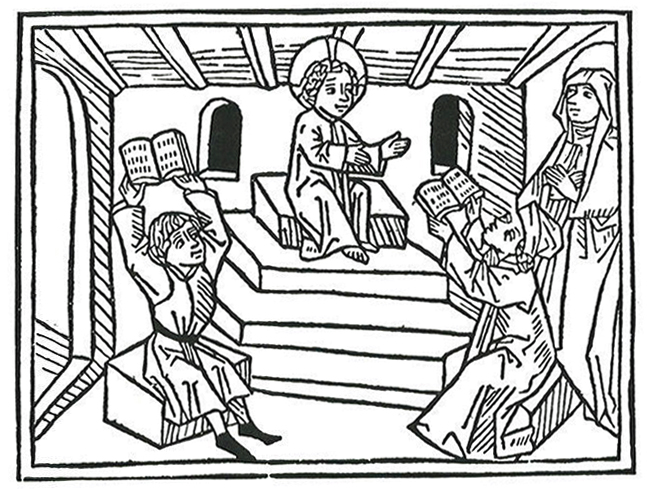


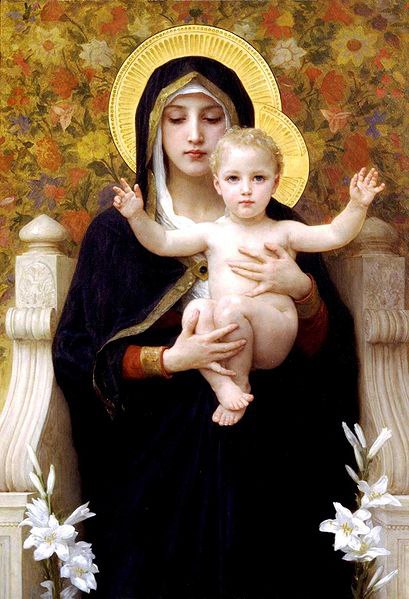
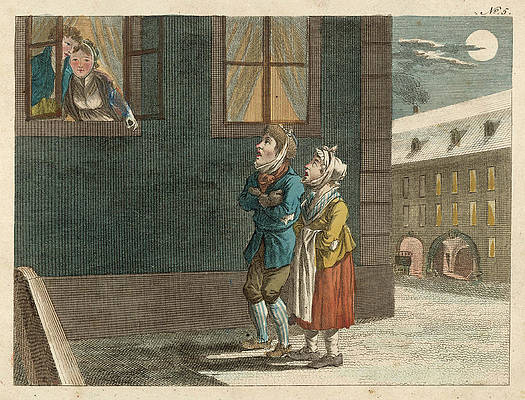

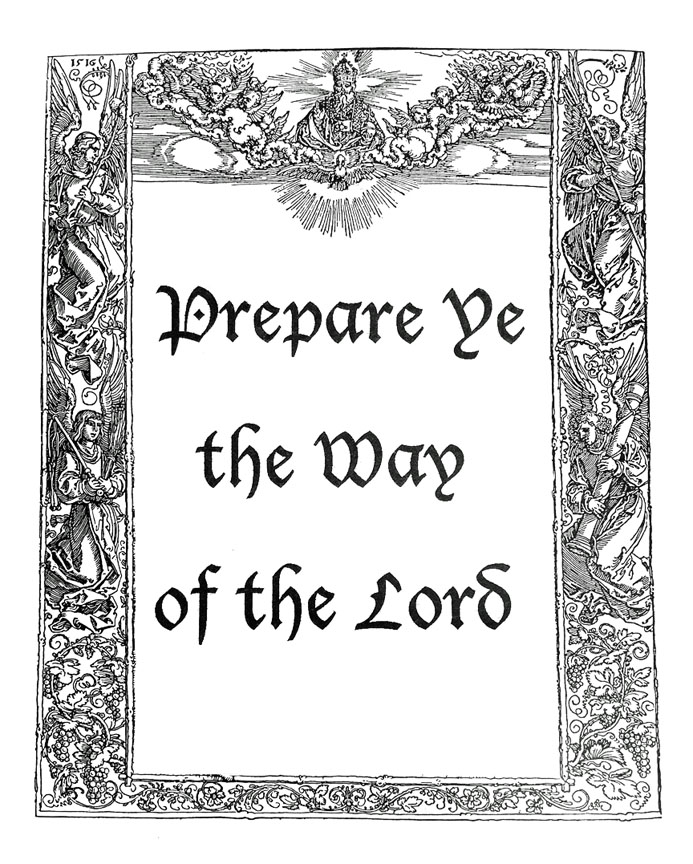
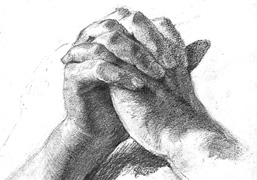
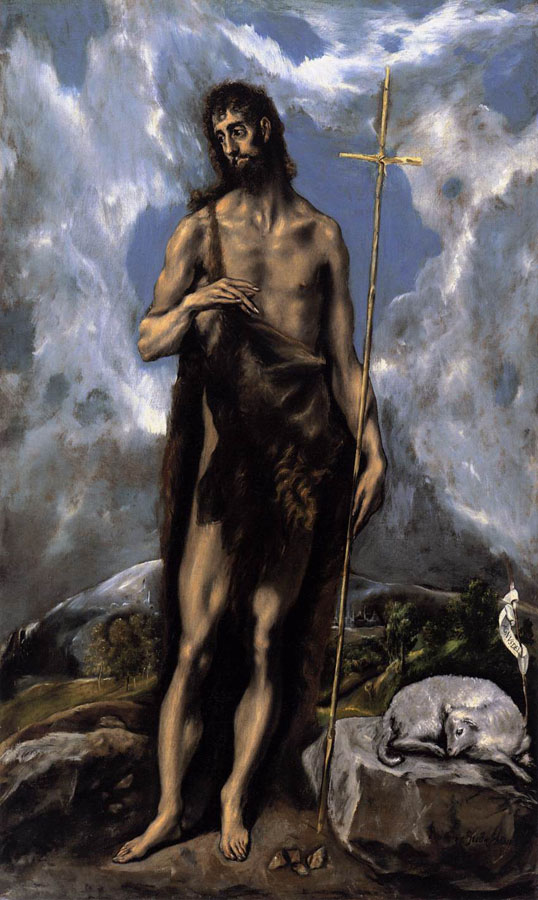

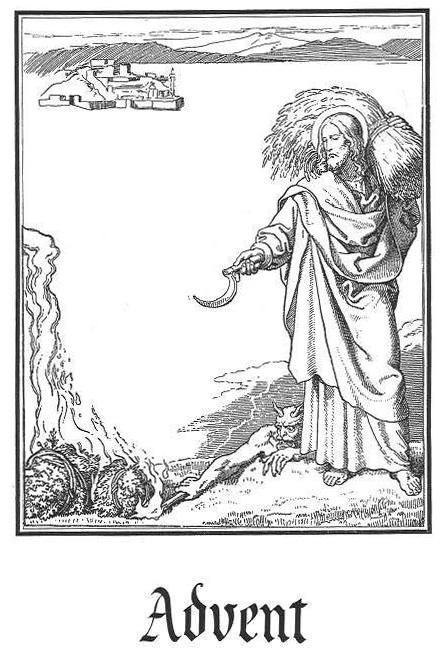
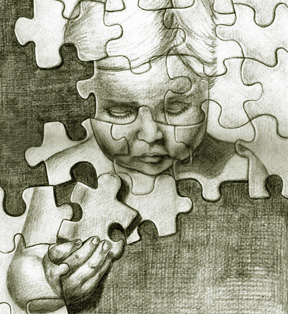
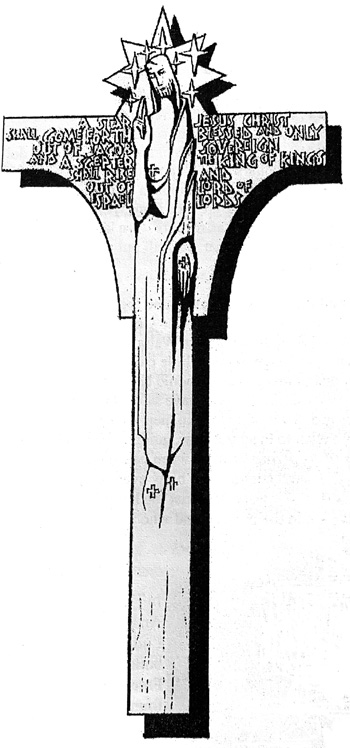
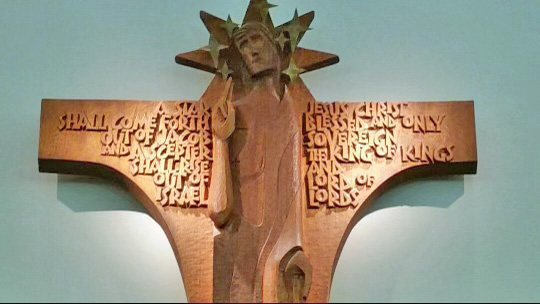
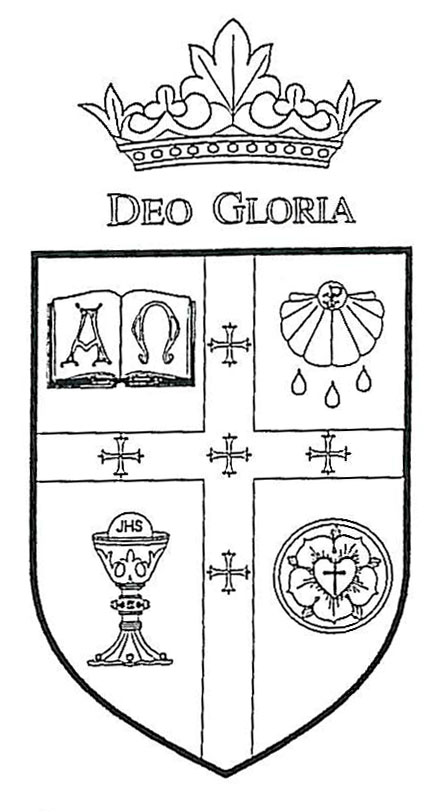
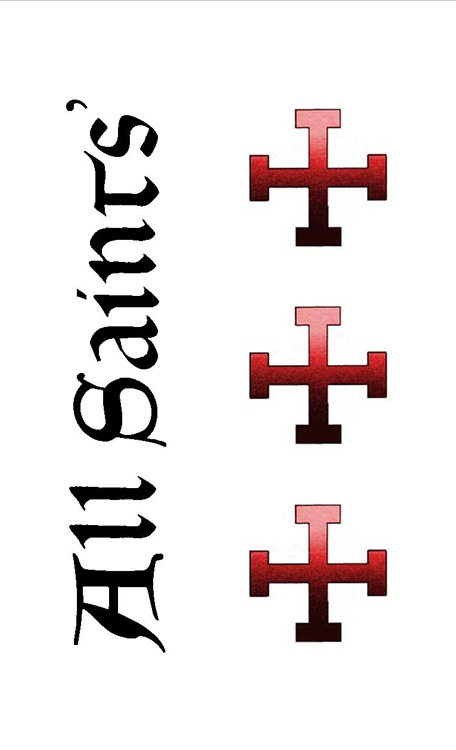
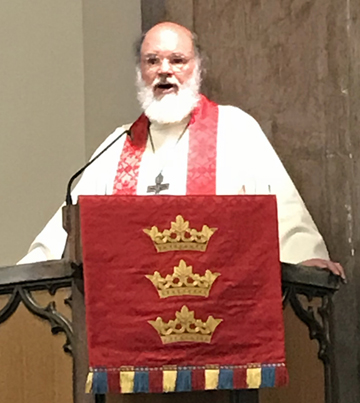
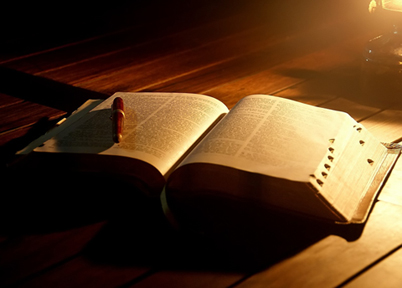
.jpg)

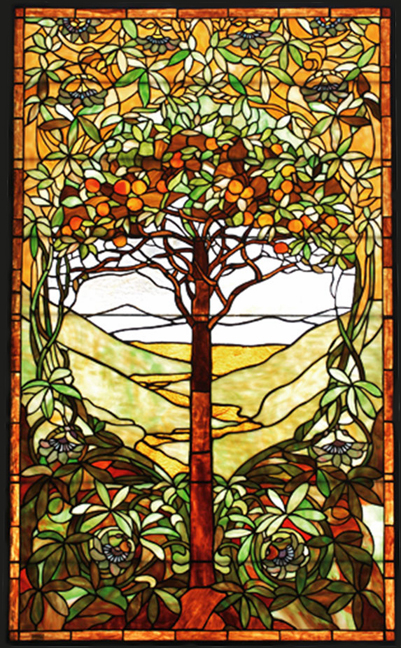

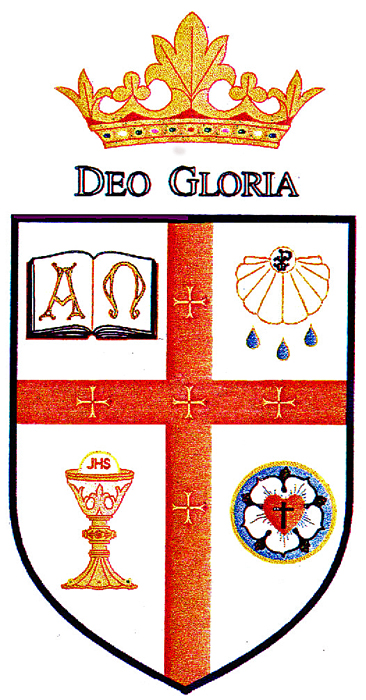
.jpg)
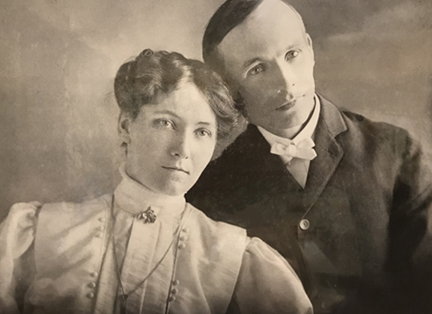
.jpg)
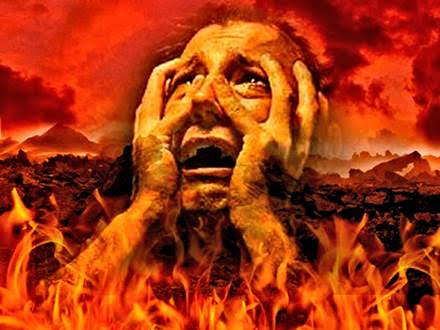
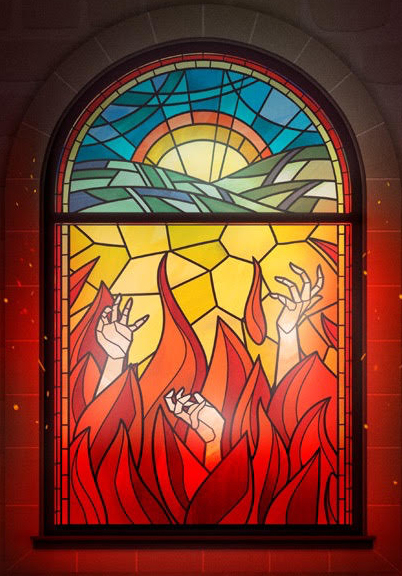

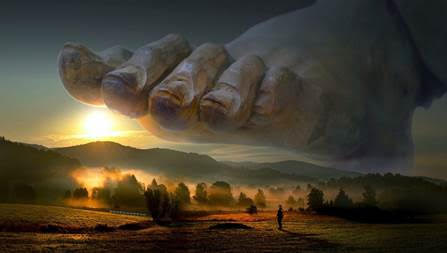
.jpg)
